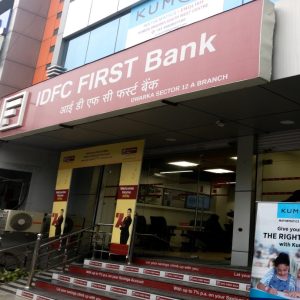
Step-up authentication expands beyond knowledge-based consumer authentication that can be vulnerable to fraud, using a five-digit code via text or email valid only during the call.
New for Fiserv credit clients, identity verification provides real-time analysis that triggers protective actions to help mitigate account takeover, evaluating high-risk cardholder behavior within the interactive voice response (IVR) system.
Layered, multi-factor authentication establishes the identity of the caller and passes information downstream to other fraud applications.
Fiserv card services product strategy vice president Patrick Davie said: “Personally identifiable information has become easier to find and exploit online due to the ubiquity of social media, and call center fraud has been increasing each year.
“With these two solutions, fraud exposure for financial institutions can be reduced, cardholders’ personal data is safeguarded and account takeover can be prevented before transactions at the point of sale occur.”
Growing trends in fraud reflect evolving methods with financial institutions and their consumers paying the price. Overall fraud hit a three-year high of $16.8 billion in 2017, and the mean consumer cost of fraud more than doubled from 2016 to 2017, reaching $102 per incident.
In 2017, Account Takeover losses in the United States totaled $5.1 billion, tripling over 2016. Consumers increasingly consider their financial institutions to be the party most responsible for safeguarding them against fraud, according to Javelin’s 2018 Identity Fraud report.
Hundreds of Fiserv clients participated in the initial five-month step-up authentication pilot, which has seen more than $2 million in fraud savings due to enhanced customer authentication.
Identity verification, released to Fiserv clients in the second quarter, successfully identified a subset of calls to be fraudulent.
Source: Company Press Release






